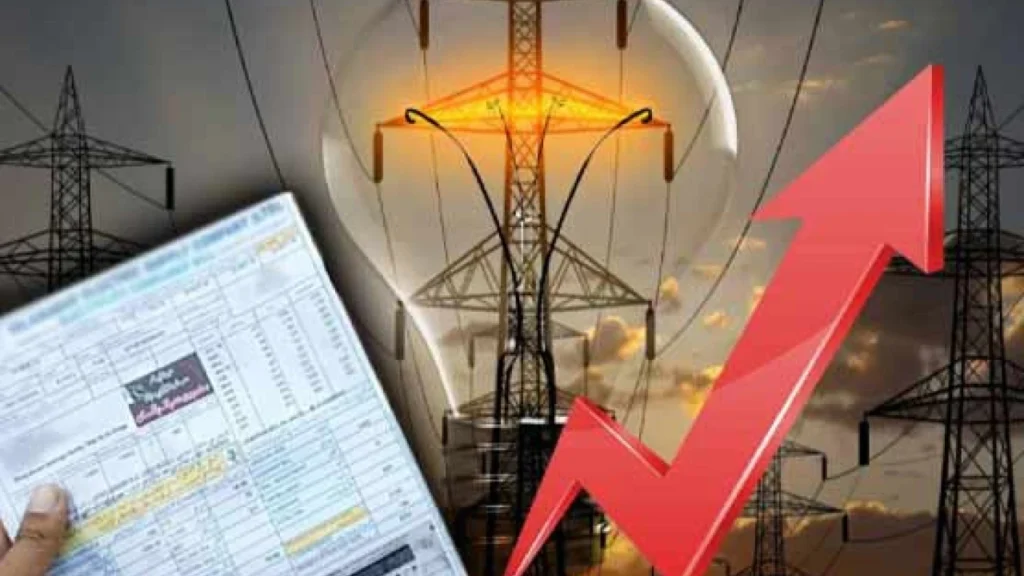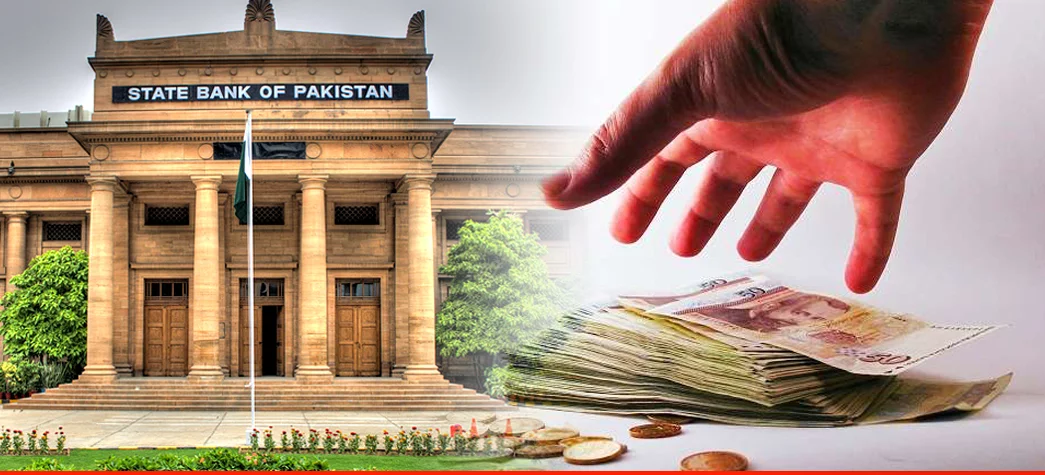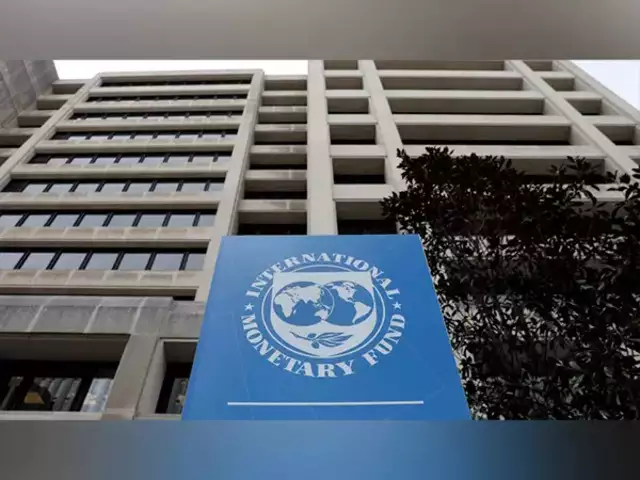Mohsin Siddiqui (Chief Reporter)
The federal cabinet has approved a major increase in electricity tariffs, fulfilling a key condition of the International Monetary Fund (IMF) as part of a bailout package. This decision has sparked widespread outrage and protests across the nation.
Effective from July, the new electricity rates have seen a per-unit price increase of up to Rs7.12, marking a 51% hike. This translates to an additional burden of Rs580 billion on consumers for this fiscal year. This increase is particularly severe for low-income groups, making it the largest percentage hike in Pakistan’s history for these households.
The average electricity price has increased by Rs4.55 per unit, raising the national average uniform rate from Rs28.44 to Rs33 per unit. This significant price hike will affect consumers across the board, impacting households and businesses alike.
The National Electric Power Regulatory Authority (Nepra) had proposed an average increase of Rs5.72 per unit in the basic electricity tariff, a recommendation that was sent to the federal government for approval. According to government sources, the federal cabinet has now approved this increase through a circulation summary, and the decision will be forwarded to Nepra for implementation of the uniform tariff.
However, the new tariff rates are not uniform across all consumer categories. The minimum rate now stands at Rs11.69 per unit, while the maximum rate has surged to Rs48.84 per unit. These rates do not include additional charges such as taxes, quarterly adjustments, and monthly adjustments, which will further escalate the cost for consumers.
The government has implemented a tiered pricing system, with the most substantial increases affecting those consuming between 1 to 100 units per month. This segment primarily consists of the poorest households, who will now face a 51% increase in their electricity bills, effectively doubling their expenses.
This tariff hike is part of the government’s efforts to meet the stringent conditions set by the IMF for its bailout package. According to sources, the federal government must implement this basic electricity tariff increase by July 10 to comply with the IMF’s requirements.
The decision has drawn sharp criticism from various quarters. Consumer rights advocates, political opposition, and economic analysts have all condemned the move, citing its severe impact on low-income households and the overall cost of living. Protests have erupted in several cities, with demonstrators demanding the government reconsider the hike and find alternative ways to meet the IMF’s conditions without burdening the public.
In response to the backlash, government officials have defended the decision, stating that the tariff increase is necessary to stabilize the economy and ensure the continued support of the IMF. They argue that without this measure, the country could face more severe economic challenges and potential insolvency.
The government has also emphasized that the new tariff structure is designed to be equitable, with higher rates imposed on higher consumption brackets. However, critics argue that even with the tiered system, the impact on the poorest households is disproportionately severe and will exacerbate poverty and economic hardship.
The tariff hike, the government is implementing other austerity measures and economic reforms as part of the IMF bailout package. These include tax increases, reductions in subsidies, and structural reforms aimed at improving fiscal discipline and economic stability.
The coming weeks and months will be critical as the government navigates the implementation of these measures and addresses the public’s concerns. The effectiveness of the tariff hike and other reforms in stabilizing the economy will be closely monitored, and the government’s ability to mitigate the adverse effects on the most vulnerable segments of society will be crucial in maintaining social and political stability.




